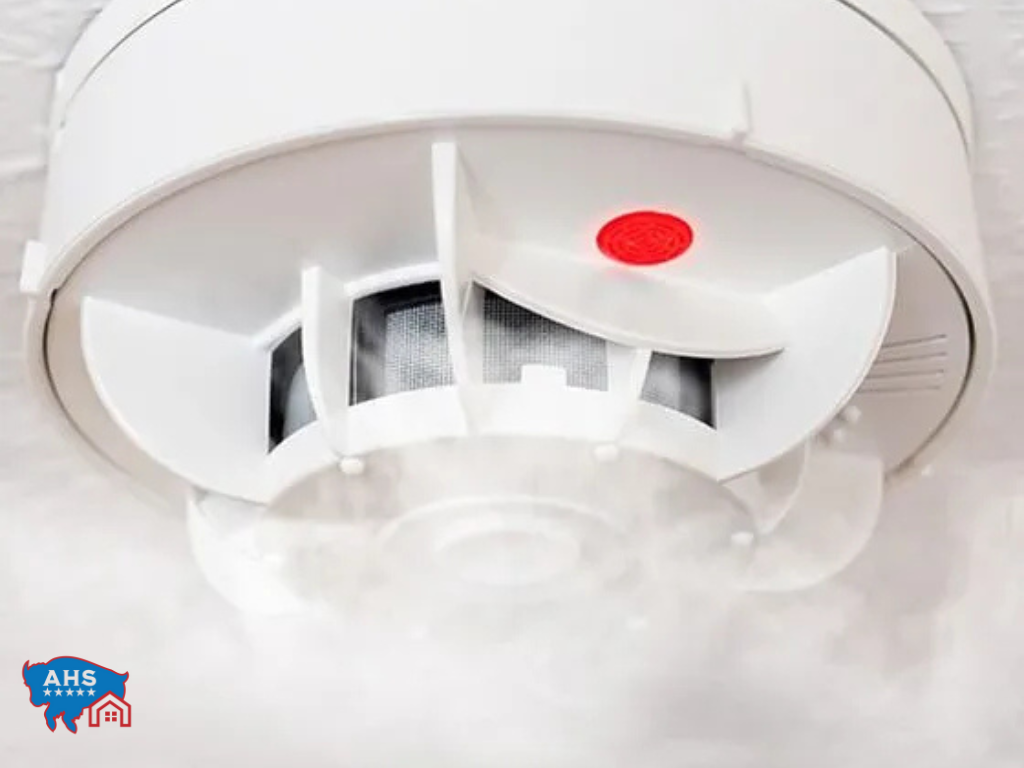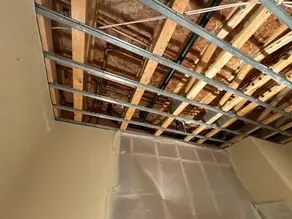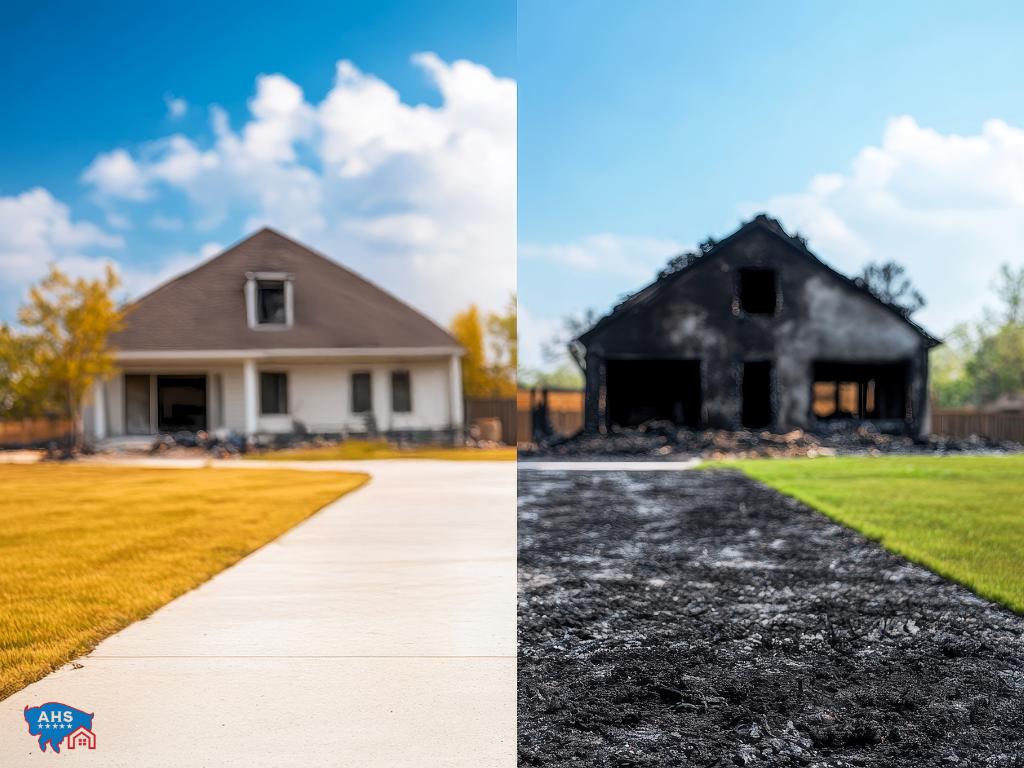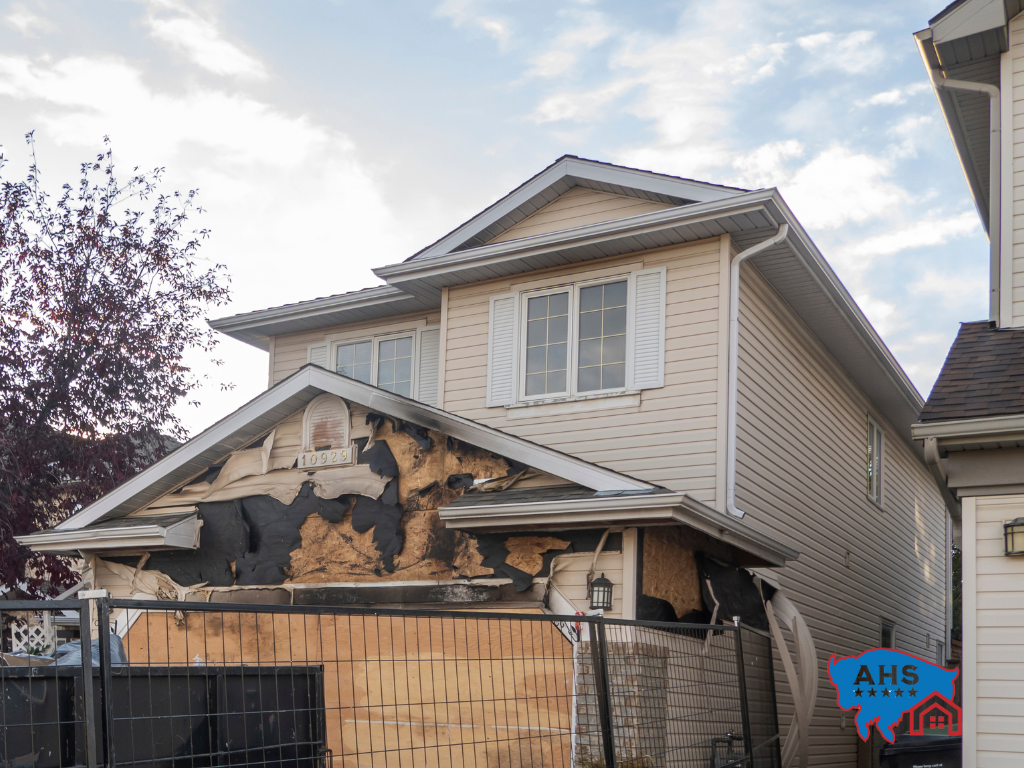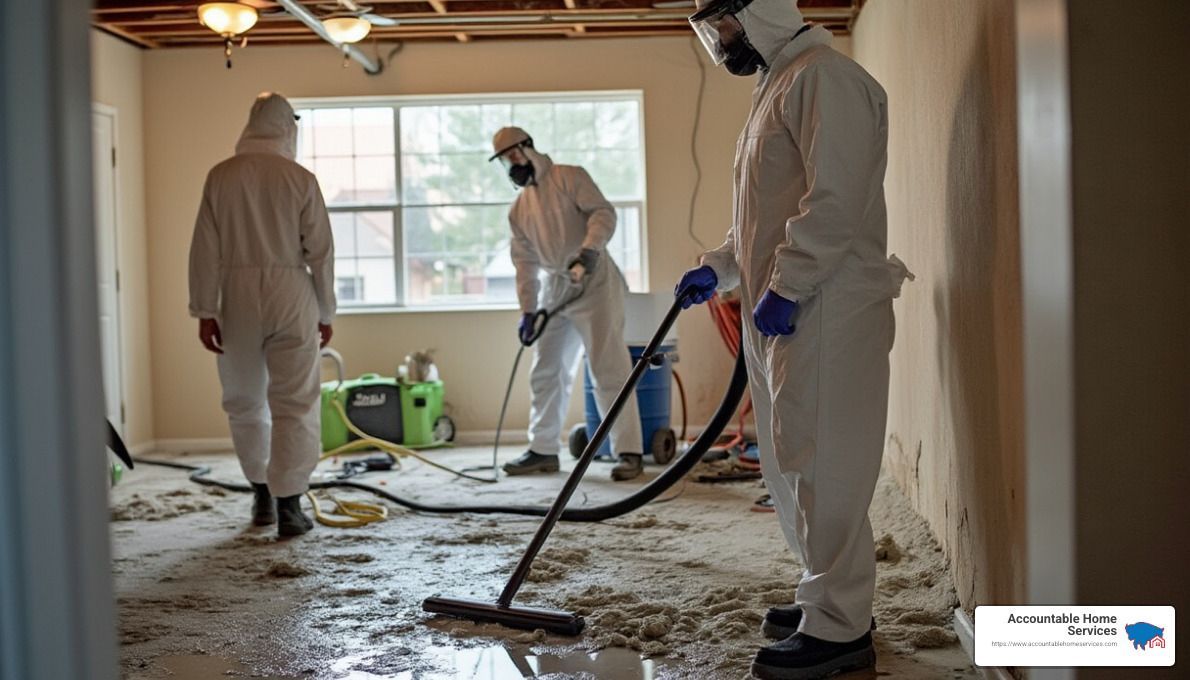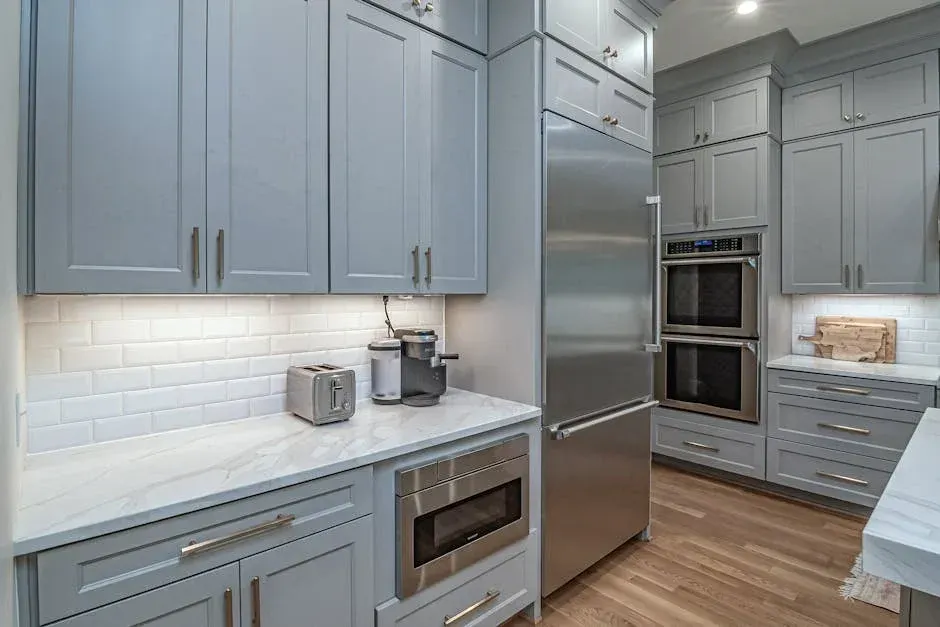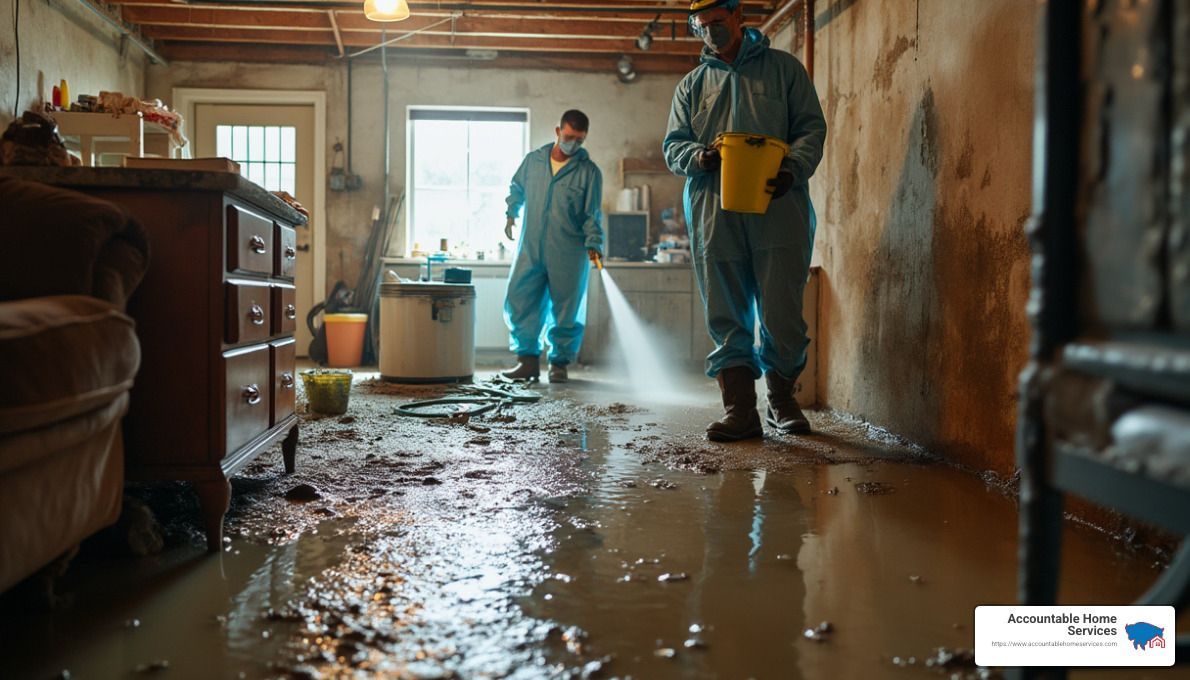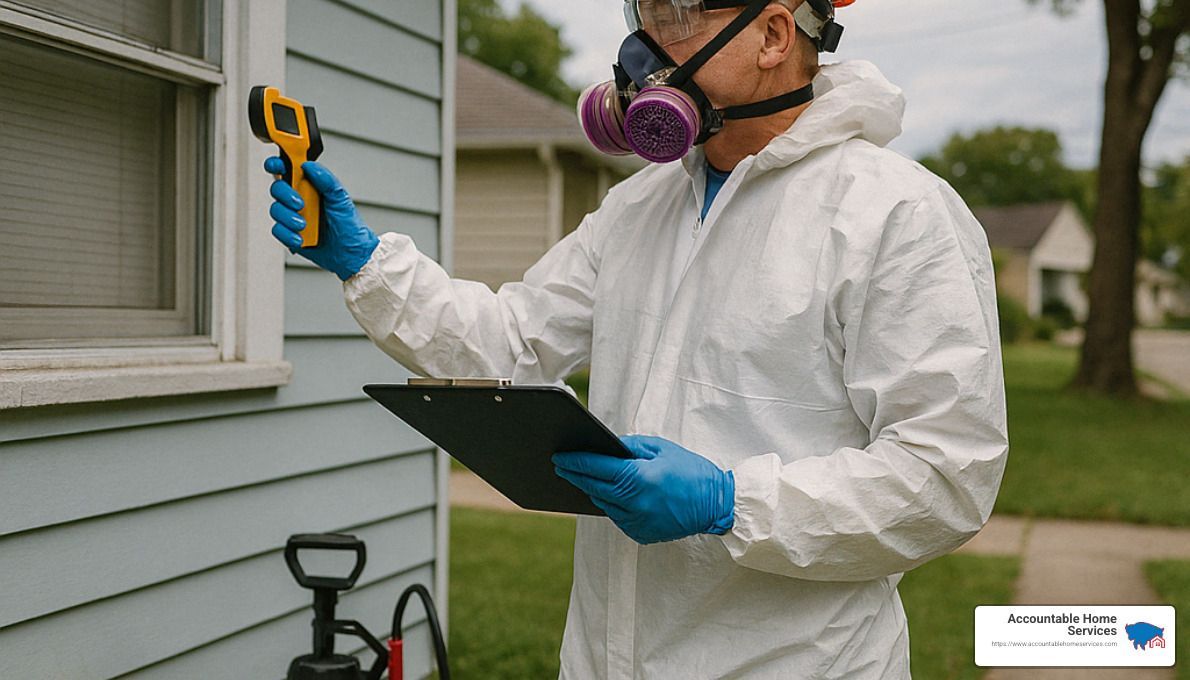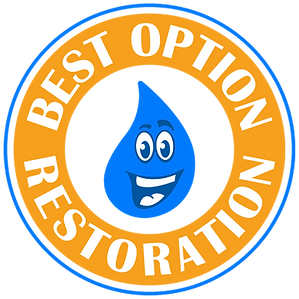Blog
Sewage waste cleanup is crucial for maintaining health and safety in our homes, especially when unexpected events occur. Whether it's a backup, an overflow, or a flood, understanding the immediate dangers and responding quickly can make all the difference. Here’s a quick checklist to address the search intent for those seeking actionable steps:
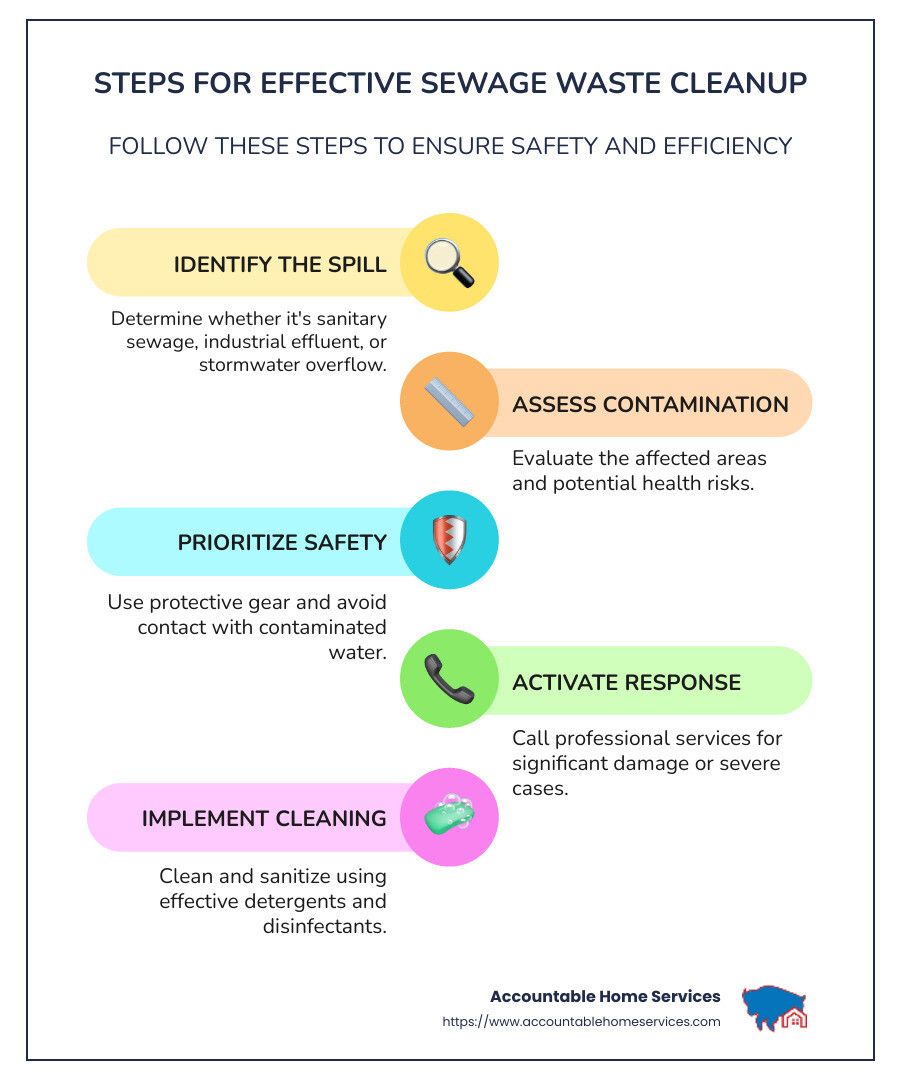
- Identify the Type of Spill: Sanitary sewage, industrial effluent, or stormwater overflow.
- Assess the Extent of Contamination: Determine affected areas and potential risks.
- Prioritize Safety Precautions: Avoid contact with contaminated water, and use protective gear.
- Activate Emergency Response: Call professional services if significant damage is evident.
These immediate actions help minimize health risks and structural damage during a sewage crisis.
I’m Mike Martinez, owner of Accountable Home Services, a company dedicated to helping homeowners steer crises like sewage emergencies with expert care. With years of experience in sewage waste cleanup, our team ensures a swift, reliable response to protect your home and family.
Understanding Sewage Waste Cleanup
Sewage waste cleanup is a critical process that ensures health and safety when dealing with contaminated water. Sewage backups can happen for various reasons, from tree roots infiltrating pipes to heavy rainfall overwhelming systems. When these events occur, quick action is essential to prevent further damage and health risks.
Contaminated Water
Contaminated water is classified into three categories based on the level of contamination:
- Category 1: Clean water from sources like broken supply lines. If not addressed quickly, it can degrade to more dangerous levels.
- Category 2: Water with contaminants that can cause discomfort or illness, such as washing machine or dishwasher overflow.
- Category 3: The most hazardous, this water is grossly contaminated and includes sewage, harsh chemicals, and microbes.
Category 3 water, often involved in sewage backups, poses severe health risks. It may contain viruses, bacteria, and parasites that can lead to serious illnesses.
Sewage Backup
Sewage backups are emergency situations. They can result from blockages, damaged pipes, or system failures. Aging infrastructure and inadequate maintenance are common culprits. When sewage backs up, it can flood homes with contaminated water, requiring immediate attention to prevent health hazards and structural damage.
It's crucial to avoid any contact with sewage water. Professional services, like those offered by Accountable Home Services, are equipped with the specialized training and gear needed to handle these situations safely.
Emergency Services
Emergency services are vital when dealing with sewage waste cleanup. Professional teams respond quickly, mitigating damage and restoring safety. At Accountable Home Services, we understand the urgency of these situations. Our trained specialists are available 24/7 to address sewage emergencies in the Denver area.
Our process includes:
- Initial Assessment: Identifying the source and extent of contamination.
- Safety Measures: Ensuring the safety of people and property.
- Cleanup and Sanitization: Using professional-grade equipment and disinfectants.
- Restoration: Repairing any structural damage and restoring affected areas.
By choosing a reliable service, you ensure that your home is restored efficiently and safely, minimizing health risks and long-term damage.
Steps for Effective Sewage Waste Cleanup
When it comes to sewage waste cleanup, taking the right steps is crucial for ensuring safety and restoring your home. Here’s how to tackle this daunting task:
Cleaning and Sanitizing
Start by removing any standing water and debris. Cleaning and sanitizing are essential to prevent disease transmission. Use warm, soapy water to wash contaminated surfaces and objects. Follow up with a disinfectant solution made from no more than 1 cup of bleach per 1 gallon of water to kill harmful pathogens. Avoid using ammonia, and never mix it with bleach as this can produce toxic fumes.
For items that can't withstand bleach, opt for a home or laundry disinfectant. Carpets and rugs that are heavily soaked should be discarded if they can't be thoroughly cleaned and dried. Always ensure proper ventilation by opening windows and using fans to help dry the area.
Utilities Safety
Safety is paramount when dealing with utilities. Turn off main power switches if necessary, especially if electrical outlets or appliances have been exposed to water. Before reusing any appliances, ensure they are completely dry and free from damage.
If you have gas systems, check for leaks or breaks in the lines. Gas leaks can be dangerous, so if you suspect one, evacuate the area and contact a professional immediately.
Personal Hygiene
Protect yourself by wearing rubber boots, gloves, and an N95 or HEPA respirator mask during cleanup. Avoid direct contact with contaminated water, especially if you have cuts or sores. Always wash your hands thoroughly after handling contaminated materials or touching surfaces.
Keep children and pets away from affected areas to prevent accidental exposure. After the cleanup, wash your clothes in hot water or discard them if they are heavily contaminated.
By following these steps, you can effectively manage a sewage spill, ensuring the safety and health of everyone in your home. Professional services like those offered by Accountable Home Services are always available to provide expert assistance in these situations.
Sewage Waste Management Techniques
Managing sewage waste effectively is vital for community health and environmental safety. Here’s a look at some common sewage waste management techniques:
Treatment Plants
Treatment plants are large facilities designed to treat sewage and wastewater from homes, businesses, and industries. They use a series of physical, chemical, and biological processes to remove contaminants. The process typically involves:
- Primary Treatment: Removes large solids through screening and sedimentation.
- Secondary Treatment: Uses biological processes to break down organic matter.
- Tertiary Treatment: Further purifies the water through filtration, disinfection, and sometimes nutrient removal.
These plants are crucial for reducing pollutants before the water is released back into natural bodies of water.
On-Site Systems
For homes not connected to municipal sewage systems, on-site systems like septic tanks are common. These systems treat sewage on the property where it's generated. Here's how they work:
- Septic Tanks: Wastewater flows into the tank, where solids settle and are partially decomposed by bacteria.
- Drain Fields: Liquid effluent is distributed into the soil through a drain field, where further treatment occurs naturally.
Regular maintenance, like pumping the tank every 3-5 years, is essential to prevent system failure and groundwater contamination.
Sewage Lagoons
Sewage lagoons, also known as wastewater ponds, are large, shallow basins used to treat sewage in rural or less densely populated areas. They rely on natural processes involving algae and bacteria to break down waste. Key features include:
- Anaerobic and Aerobic Zones: Different layers support various microbial processes that treat the waste.
- Retention Time: Wastewater remains in the lagoon for several weeks to allow for adequate treatment.
Lagoons are cost-effective and require less maintenance, but they need significant land space and can produce odors.
Each of these techniques plays a vital role in sewage waste cleanup and management, helping to protect public health and the environment. As our communities grow, the importance of efficient sewage management systems becomes even more critical.
In the next section, we’ll explore the costs associated with sewage waste cleanup and what factors can influence these expenses.
Costs and Considerations
When facing a sewage waste cleanup situation, understanding the costs involved is crucial. The price can vary widely depending on several factors.
Cleanup Costs
The cost of cleaning up sewage waste typically ranges from $7 to $14 per square foot. This estimate can fluctuate based on the extent of contamination and the type of surfaces affected. For instance, a small bathroom spill might be less costly than a basement flood.
Severity of Spill
The severity of the sewage spill significantly impacts the cleanup cost. Minor spills, which affect only a small area, are generally less expensive to address. However, larger spills that contaminate multiple rooms or structural elements of a house can lead to higher expenses due to the need for extensive cleaning and possible reconstruction.
- Minor Spills: Quick and less costly to manage.
- Major Spills: Require thorough cleaning, sanitizing, and potential structural repairs.
Professional Services
Hiring professional services is often the best approach for handling sewage waste cleanup. Experts like Accountable Home Services provide comprehensive solutions, ensuring safety and efficiency. They offer:
- Initial Assessment: Evaluating the extent of damage and contamination.
- Removal and Disposal: Safely extracting sewage and disposing of hazardous materials.
- Sanitizing and Drying: Using high-grade disinfectants and equipment to restore the area.
- Restoration: Repairing any structural damage caused by the spill.
Professionals ensure that the cleanup is thorough, minimizing health risks and preventing future issues.
Choosing a reliable service provider like Accountable Home Services can also help steer insurance claims, potentially reducing out-of-pocket expenses.
In the next section, we’ll address frequently asked questions about sewage waste cleanup, providing further insights into the process and what to expect.
Frequently Asked Questions about Sewage Waste Cleanup
How much does sewage cleanup cost?
When it comes to sewage waste cleanup, costs typically fall between $7 to $14 per square foot. The exact price depends on several factors, including the size of the affected area, the severity of the spill, and the materials involved.
- Minor spills: These are usually less expensive because they cover smaller areas and require less extensive cleaning.
- Major spills: These can be more costly due to the need for thorough cleaning, sanitizing, and possibly even structural repairs.
Additionally, the type of surfaces affected can influence costs. Carpeted areas, for example, may need more intensive cleaning or replacement compared to tiled floors.
How do you clean up raw sewage?
Cleaning up raw sewage is a delicate process that requires specific steps to ensure safety and effectiveness. Here’s a simplified guide:
- Safety Precautions: Wear protective gear like rubber gloves, boots, masks, and goggles to avoid direct contact with sewage.
- Initial Assessment: Evaluate the extent of the spill to determine the best cleanup approach.
- Remove Sewage: Use pumps or vacuums to extract standing sewage. Dispose of contaminated materials like carpets or drywall carefully.
- Cleaning and Sanitizing: Apply high-grade disinfectants and detergents to clean the area thoroughly. Focus on eliminating pathogens and bacteria.
- Drying: Use air movers and dehumidifiers to dry the area completely, preventing mold growth.
Important: Always consult professionals for significant spills to ensure thorough and safe cleanup.
Who provides sewage cleanup services near me?
In the Denver area, several professional companies offer emergency sewage waste cleanup services. Accountable Home Services is a reliable provider known for its comprehensive solutions and expertise. They offer:
- Emergency Services: Quick response to minimize damage and health risks.
- Professional Assessment: Detailed evaluation to determine the scope of the cleanup.
- Expert Cleanup: Use of specialized equipment and techniques for safe and effective waste removal.
Choosing a professional service ensures that the cleanup is done correctly, protecting your home and health. For residents in Broomfield, Westminster, Thornton, and other nearby areas, Accountable Home Services is just a call away.
In the next section, we’ll explore sewage waste management techniques, diving into treatment plants, on-site systems, and sewage lagoons.
Conclusion
At Accountable Home Services, we take pride in our restoration expertise and dedication to providing top-quality solutions for sewage waste cleanup. Our family-owned business has been serving the Denver Metro Area with unwavering commitment, ensuring that every project is handled with utmost care and professionalism.
Why Choose Us?
Our team of certified technicians is equipped with cutting-edge technology to tackle even the most challenging cleanup situations. We understand the urgency and health risks associated with sewage spills, which is why we offer 24/7 emergency response to address your concerns promptly.
- Expertise You Can Trust: With years of experience in water, fire, mold, and asbestos remediation, our skilled professionals ensure thorough and efficient cleanup, restoring your home to its pre-damage condition.
- Client Support: We believe in transparent communication and work closely with you throughout the restoration process. From the initial assessment to the final inspection, you can count on us for clear updates and guidance.
- Stress-Free Experience: We handle the details, including direct insurance billing, so you can focus on what matters most—getting your life back to normal.
For those in Broomfield, Westminster, Thornton, and surrounding areas, our trusted services are just a call away. Let us be your reliable partner in safeguarding your home and health.
For more information on our sewage cleanup services, visit our Sewage Cleanup Service Page and explore how we can assist you in maintaining a safe and healthy living environment.

